We asked several poets who serve on our Board of Chancellors, as well as poets featured in the Books Noted section of the Spring-Summer 2016 American Poets, to share what they're reading this summer. Take a look.
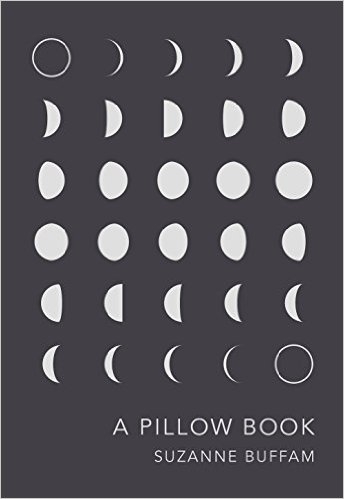 Jennifer Grotz
Jennifer Grotz
author of Window Left Open (Graywolf Press, 2016)
It’s a mystery: if insomnia is so miserable (and it is), then why is reading about it so delicious? Maybe because even if insomnia itself isn’t necessarily interesting, the meditations on what causes it, those small explorations and anecdotes from daily life, are fascinating. Suzanne Buffam accomplishes the singular feat of writing a pillow book while reading The Pillow Book—updating, translating into a different culture, as well as paying homage to the original medieval Japanese text. What’s most admirable to me is how Buffam has found a form and style that allow a terrific range of expression, enacting something Randall Jarrell once said in praise of Marianne Moore, that “a style ought to make it easy for you to say all you have to say, not, as most do, make it impossible for you to get free from one narrowed range of experience and expression.” There is both wit and feeling in A Pillow Book, which reads to me like a mesmerizing book-length poem. Buffam also re-energizes the list as a poetic tool—there are some hilarious and unforgettable ones here.
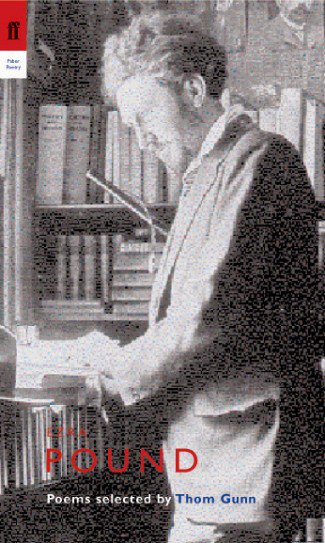 Raza Ali Hasan
Raza Ali Hasan
author of Sorrows of the Warrior Class (Sheep Meadow Press, 2015)
This summer I plan to tackle poetry’s “great unread poem”: Ezra Pound’s The Cantos. The list of poets, seemingly influenced by this “great unread poem,” is long and distinguished. Sisson, Davie, Zukosfsky, and Olson, to name just a few. My motivation: to be properly influenced, to finally become a Poundian. Though making it new and out-pounding Pound is not on the agenda. As of now, I am familiar with cantos 1, 2, 3, 13, 45, 81 and 116. That’s about it for me. Tackling 120 Cantos in search of Davie’s proverbial “water spouts” (for instance, “Pull down thy Vanity” section of Canto 81) would be impossible even in a summer six months long. So I will be turning to one of my favorite poets, Thom Gunn, whose brief selection of cantos in Ezra Pound: Poems Selected by Thom Gunn will suffice. As per Gunn’s advice I will be armed with commentaries and Christine Froula’s A Guide to Ezra Pound’s Selected Poems.
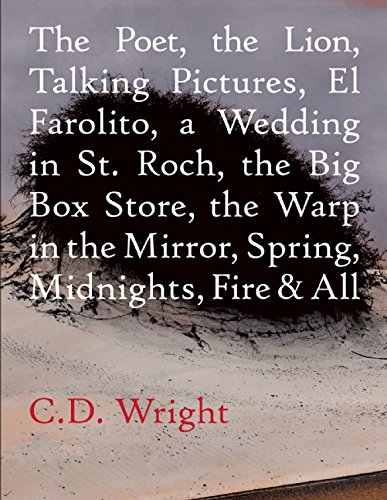 Juan Felipe Herrera
Juan Felipe Herrera
Chancellor of the Academy of American Poets
Basho, master of the haiku—I love him for his wanderer's heart and mind and explosive and full insight on life-nature-universe.
C. D. Wright’s—(long title) The Poet, the Lion, Taking Pictures, El Farolito, a Wedding in St. Roch, the Big Box Store, the Warp in the Mirror, Spring Midnights, Fire & All. She was such a keen thinker, multi-form poet, and a most sharp and exacting writer—a kind human being.
The Separate Notebooks by Csezlaw Milosz: A few lines followed by a longer elaboration, here and there, an attempt to grasp a single moment that otherwise would have been lost in our universe.
Time and Materials by Robert Hass: It is good to see such an accomplished poet's work. His long lines and discussions, his questions, and how much he can place into a few lines. Not extraneous materials, deep Sting Ray-shaped elements floating around the sky that he can lure into his poems.
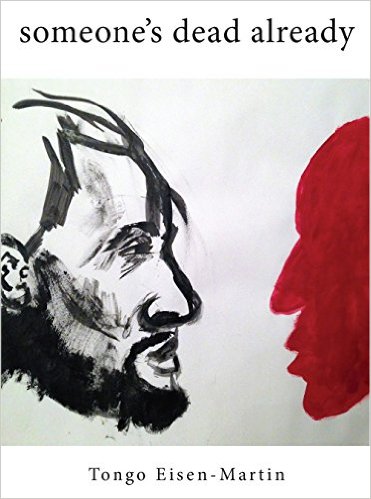 Brenda Hillman
Brenda Hillman
Chancellor of the Academy of American Poets
I’m reading Tongo Eisen-Martin’s someone’s dead already from Bootstrap Press. I just heard Tongo read and perform his poetry at Moe’s Books in Berkeley, California, and was blown away by the power of the event so I got his book. His beautiful pieces are urban, jazz-infused, multi-layered pieces—personal and deeply political, committed to perception of individual human moments of both oppression and joy. He can hear tea kettles and police sirens at the same time. Tongo is a community activist as well as a poet. He writes and speaks about race, economic disaster, incarceration-in-plain-sight, and about many matters of the human spirit. He does so with compressed linguistic power, making every line count. The book is not light summer reading but it’s energizing, excellent reading for any season and I highly recommend it.
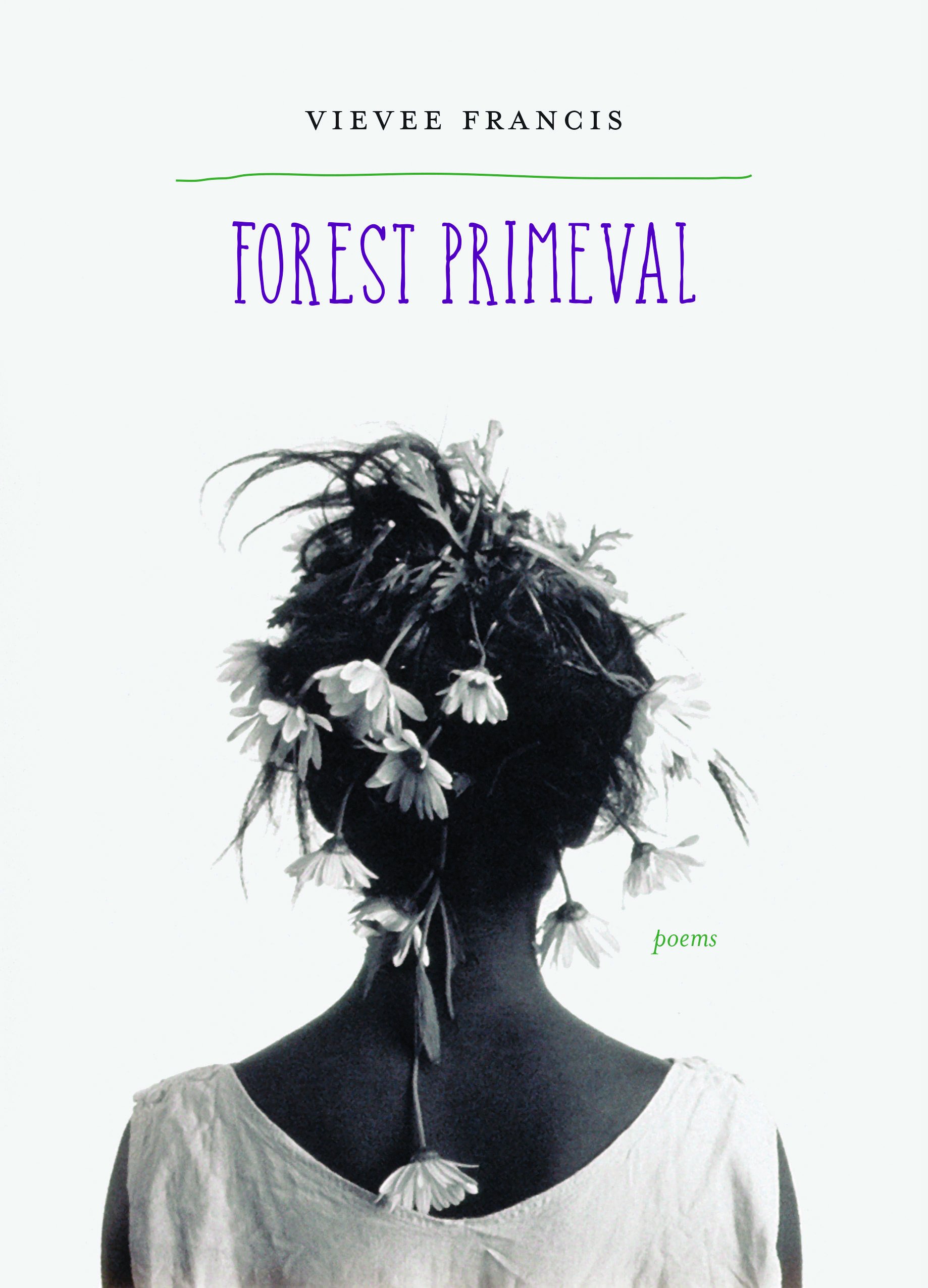 Tyehimba Jess
Tyehimba Jess
author of Olio (Wave Books, 2016)
Vievee Francis’s Forest Primeval leads us through a landscape of rawboned blackness, a womanness dark as a Detroit midnight leading to sudden clearings of verdant wildlife. She wrests an unsparing reflection from the mirror she brings to herself and all who enter the gaze of this book. Cotton bolls and keyed cars, hibiscus and bullets, watermelon and Lethe all toil here with equal amounts of sweat and tin-typed worry; each verse is employed with palettes of urgency and relentlessness. Francis’s terse, vivid imagery is as floral and necessary as every hard won revelation we find ourselves suddenly surrounded by with each poem.
“I want to put down what the mountain has awakened,” says Francis in her “Anti-Pastoral.” But she climbs her mountains nevertheless. I'll be reading this tome for the risk and reward Francis confronts with answers that reach beyond the page, that stop in the middle of the poem to ask/tell us:
Is this too dramatic?
Find another story. Find a lie. In love, body after body
fell beneath my own, though my own was broken,
and I made love like a sea creature, fluid as if boneless,
though my bones would rattle if not for the fat I cherish.
Wouldn’t you?
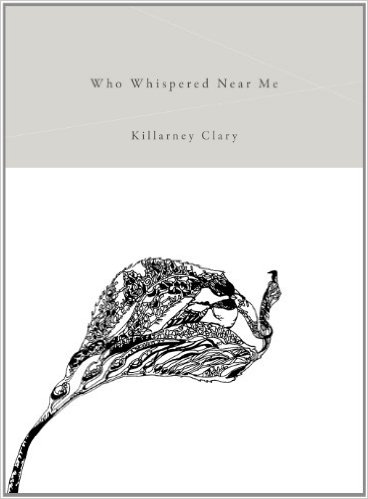 Amanda Nadelberg
Amanda Nadelberg
author of Songs from a Mountain (Coffee House Press, 2016)
A single book of poems seems almost unfair to name—I’ve been reading prose, mostly, and also, who is organized in their reading? Since winter, I have been defensively reading The Poet, the Lion, Talking Pictures, El Farolito, a Wedding in St. Roch, the Big Box Store, the Warp in the Mirror, Spring, Midnights, Fire & All by C. D. Wright. I can pick it up for a few pages but am having a heck of a time finishing it, not because I don’t love it—I do—but because I loathe that I can’t write C. D. to say so. I have also been spending time with Who Whispered Near Me by Killarney Clary. I didn’t know of her before a friend gave me a copy in May. There’s a density that is dictating I read it slowly, which I like. At the bookstore the other day I didn’t buy Certain Magical Acts by Alice Notley but I’d like to, soon. I love her voice (and her voices), and I heard her read from it a couple times in the past few years and am eager to spend time with the book itself and to see if I can hear her still.
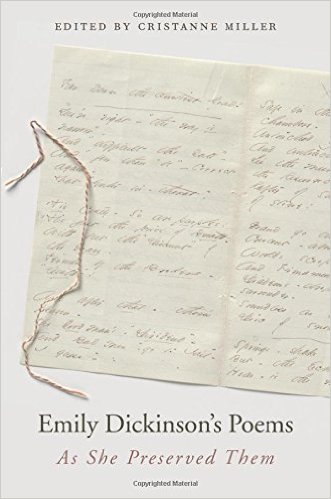 Arthur Sze
Arthur Sze
Chancellor of the Academy of American Poets
It’s exciting to read Emily Dickinson’s poems in the fascicle order in which she hand bound them. Fascicle 16, for instance, has a perspective reversal that makes the suite of poems a compelling sequence.
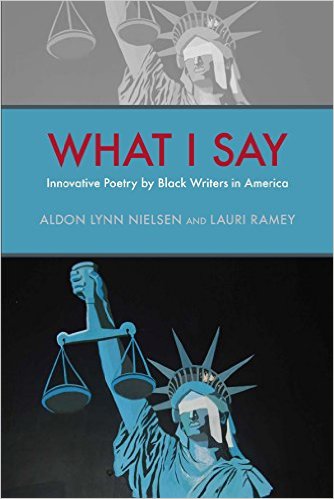 Anne Waldman
Anne Waldman
Chancellor of the Academy of American Poets
This summer I finally have some time to pause and savor (when I am not directing my own creative writing program at Naropa University) What I Say: Innovative Poetry by Black Writers in America, edited by Aldon Neilsen and Lauri Ramey, and published by the University of Alabama Press. It includes Will Alexander, C. S. Giscombe, Erica Hunt, Renee Gladman, Nathanial Mackey , Giovanni Singleton, Fred Moten, Julie Ezelle Patton, and Claudia Rankine, among others. I’ve chosen this collection because it has an extraordinary range of important voices working within a variety of forms and intentions that include hybrid, prose poem, eco-poetics, sound poem, visual poem, investigative poem, polemical poem and presents writers often excluded from previous attention and scholarship. We are in a difficult and generative time of actualizing what a more human America needs to fight, articulate, and stand up for. The poetry in this anthology seems to light a way, a path toward the imperatives we face as we give greater value to social justice, truth, beauty, and the intrinsic power of a conscious language as a means for greater awareness, a panoramic vision of a multi verse of poetries. I believe this is necessary for our survival, for our sanity as thinkers, investigators, and comrade word-workers. This radical volume does this for me in its premise of “what I say,” a bow to Ray Charles, in its oral proclamation. C. S. Giscombe notes in an eloquent introduction that “Race informs all categories” in his life as a poet and editor, and also asks “what does race do in anthologies?” He quotes poet John Keene:
“From a marginal position, from a place at the edges of the mainstream’s arena, I—and all other marginals—am able to participate in the destabilization of boundaries, of categories (racial, sexual, class), to upset language in its official categories…”
I know I will learn something from this book, and also delight in its beauties.
I also remember what the poet Amiri Baraka once said to me as I was approaching the stage during a reading: “Read as if your mind was on fire.” This anthology promises some of that kind of urgency.
